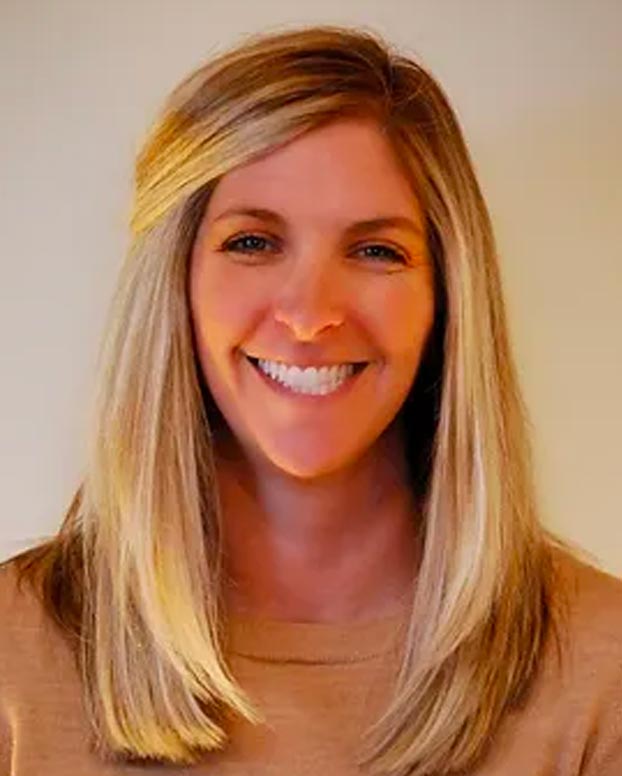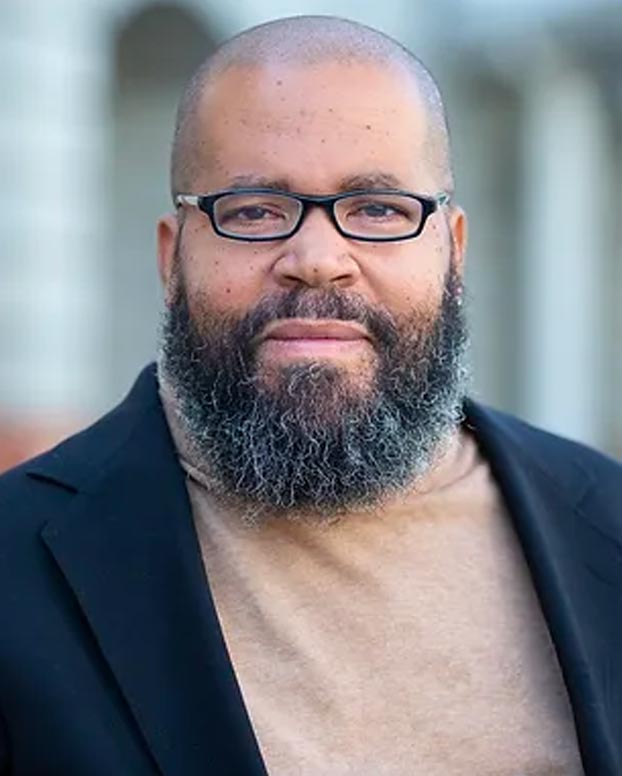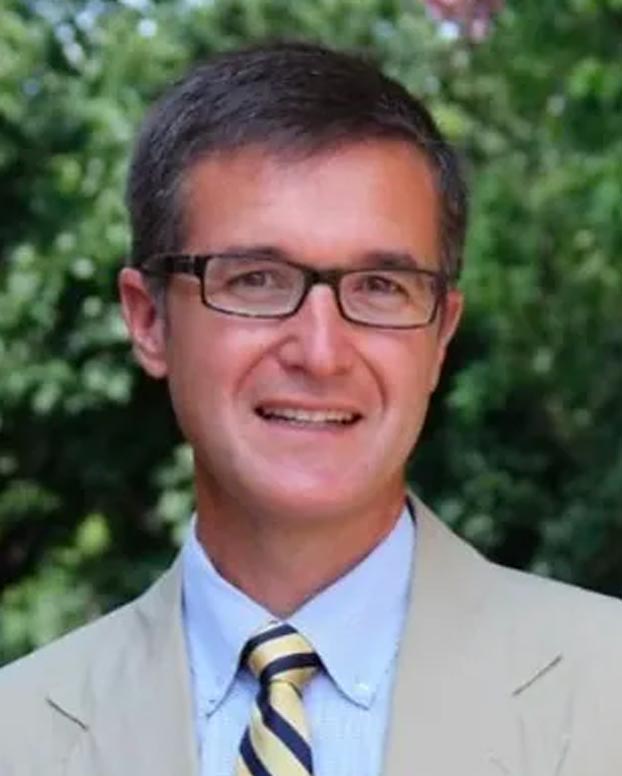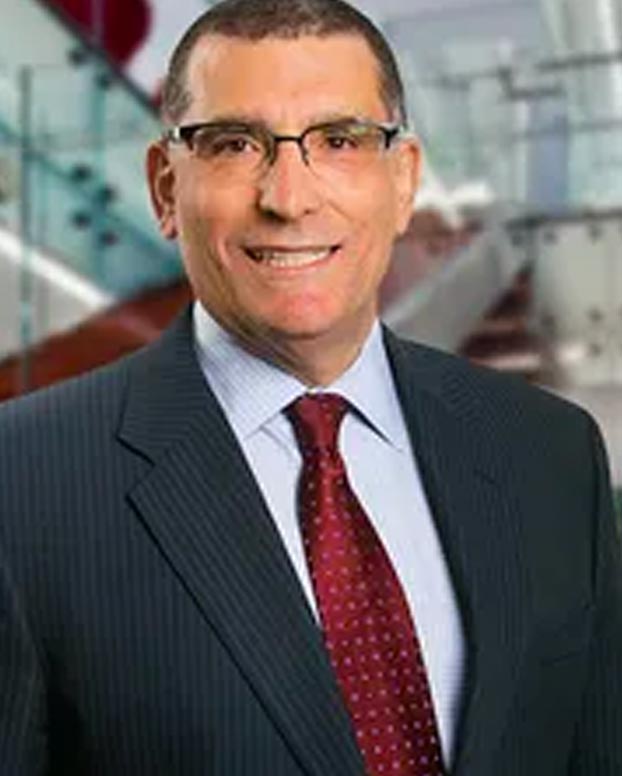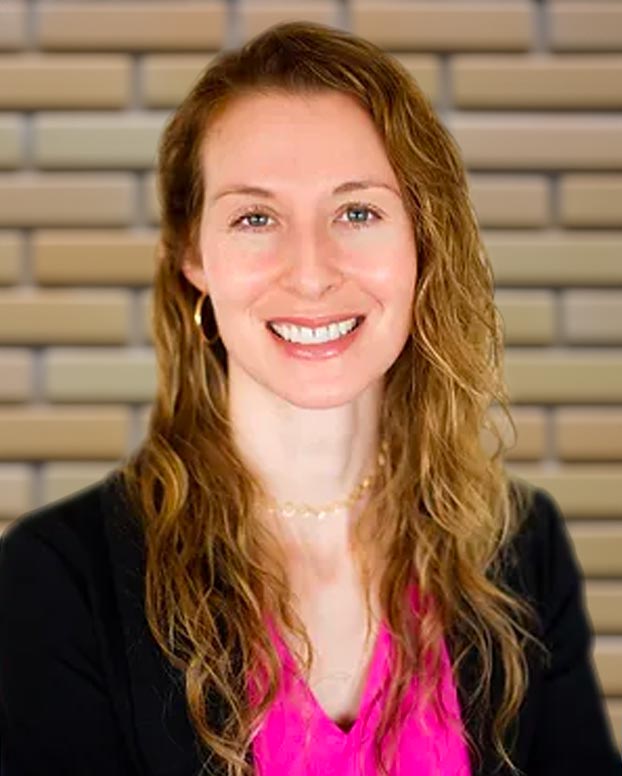Amplifying the Voices of Disability Advocates Both Past and Present
July 26, 2024
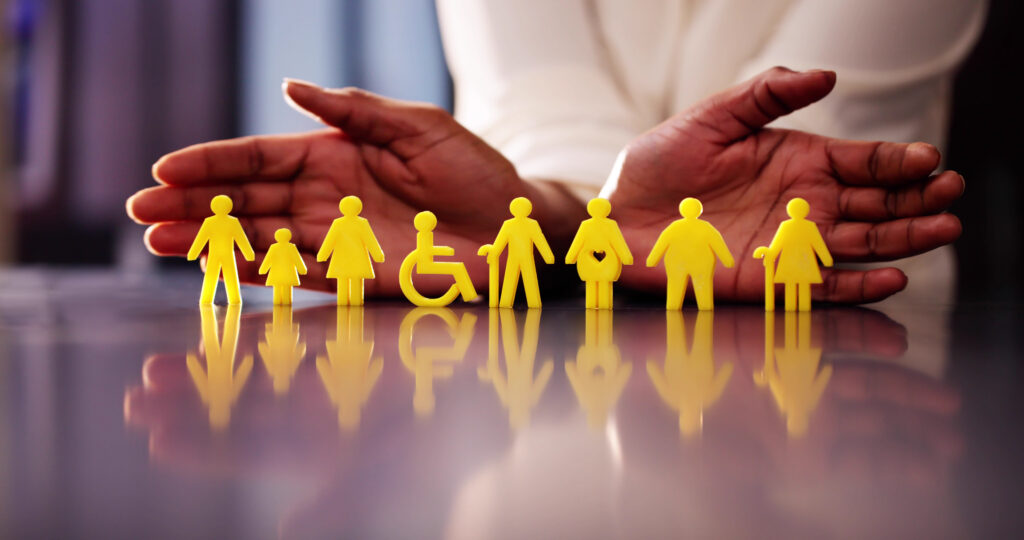
This month marks the 34th anniversary of the passage of the ADA which only became legislation due to the dedication and efforts of advocates who refused to contend with the ongoing oppression of people living with disabilities. Inspired by the Civil Rights Act of 1964 and the incredible efforts put forth by Black people and allies to get that key legislation signed into law, disability advocates spoke out, protested, wrote, and empowered each other over the course of decades to get the ADA passed. Improved accessibility, access to resources and government services, the right and proper support to live independently, better educational opportunities, and access to gainful employment are just some of the aspects of life improved by the ADA.
Below, we highlight seven disability advocates whose tireless work and dedication have significantly advanced the rights and lives of people with disabilities.
Judy Heumann: The ‘Mother’ of the Disability Rights Movement in the United States
Judy Heumann, who was born in 1947, contracted polio as a one-and-a-half-year-old and consequently, used a wheelchair for the rest of her life. As a young girl, her Brooklyn school system refused her as a student, calling her a fire hazard because she couldn’t walk, and her parents fought for her right to an education year after year until she was finally permitted to attend a special school in fourth grade for children with disabilities.
Her annual experience attending a camp for children with disabilities for nine summers in a row gave her a profound awareness for the shared experience of people with disabilities, which later became the subject for an Oscar-nominated documentary, Crip Camp: A Disability Revolution. Throughout her life, she staunchly rejected that disability was a tragedy, consistently arguing that society’s failures to provide adequate access for people with disabilities was the tragedy and injustice. As a well-known and influential disability rights activist, she was a leader in the famous and was instrumental in the creation and passage of many more disability rights legislation.
Notable quote: “Part of the problem is that we tend to think that equality is about treating everyone the same, when it’s not. It’s about fairness. It’s about equality of access.”
To learn more: Watch Crip Camp: A Disability Revolution or read Heumann’s memoir, Being Heumann: An Unrepentant Memoir of a Disability Rights Activist. You can also check out her website.
Justin Dart: The ‘Godfather’ of the ADA
Justin Dart, born in 1930, contracted polio at the age of 18 before attending university in Houston. While he earned degrees in both history and education in 1954, the university refused to issue him a teaching certificate due to his disability. Following his graduation, he eventually found a path into disability advocacy where he worked on Capitol Hill in DC, eventually accepting an appointment in 1981 as the vice-chair of the National Council on Disability in President Reagan’s cabinet.
During his time as vice-chair, he embarked on a nationwide tour with his wife, Yoshiko Dart, to meet with disability advocates and individuals with disabilities. Their goal was to ask people with disabilities across the county what they wanted from their government and country to support the drafting of a national policy calling for national civil rights legislation to end hundreds of years of discrimination and inaccessibility for people with disabilities. This was the first time that many of the people they spoke with had had the opportunity to share their experiences and what the Darts learned ultimately helped shaped the ADA. For that, Dart is considered “the Godfather of the ADA.”
Notable quote: “I call for solidarity among all who love justice, all who love life, to create a revolution that will empower every single human being to govern his or her life, to govern the society and to be fully productive of life quality for self and for all.”
To learn more: Visit his website.
Ed Roberts: The ‘Father’ of the Independent Living Movement
Ed Roberts, born in 1939, was an American disability rights advocate who defied the once undisputed view that people with severe disabilities belonged in institutions. His insistence, tireless advocacy, and passionate belief that the world needed to create independent living spaces for people with disabilities, led to him becoming known as the father of the Independent Living Movement. Roberts contracted polio at age 14 in 1953, which left him paralyzed from the neck down with exception of two fingers. He once overheard a doctor tell his mother that he hoped her son would die so his life wouldn’t be spent as a vegetable. Roberts would later bring up this quote in a joking manner as part of his advocacy, saying that if he was a vegetable, he was an artichoke—’prickly on the outside and tenderhearted on the inside.’
Roberts was the first severely-disabled student to attend UC Berkeley where he studied political science and helped found a student-led disability services organization—the first of its kind at a US university. They successfully advocated for curb cuts, which allowed wheelchairs access to sidewalks and enhanced pedestrian safety. He co-founded the World Institute on Disability, an internationally renowned disability advocacy and activism platform alongside Judy Heumann. He was instrumental in getting Section 504 signed into law, which paved the way for the creation of the ADA.
Notable quote: “Disability is not a tragedy; it is an opportunity to prove our resilience and strength.”
To learn more: Visit About – Ed Roberts Campus, which details the history of a community center named after Roberts in Berkley, CA, and is dedicated to sharing the history of the Independent Living Movement of People with Disabilities.
Reverend Wade Blank: Denver-Based Ally Who Helped Make Public Transit Accessible
Reverend Blank first learned about the power of nonviolent civil disobedience as a tool for change-making when he marched alongside Dr. Martin Luther King Jr. in Selma. Later, while working in a Denver-based nursing home for people with physical and intellectual disabilities, he adapted what he learned and became an instrumental advocate for disability rights, much of his work occurring in Denver. He believed that the patients he supported could and should live independently and after being fired from the nursing home for this belief, founded the Atlantis Community in 1975.
The Atlantis Community dedicated itself to providing individualized care to people with disabilities and others in need at no-cost. This Denver-based organization inspired a national movement for differently abled people to advocate for equal opportunity rights including access to humane, independent care and wheelchair-accessible public transportation and later spurred the foundation of ADAPT (American Disabled for Accessible Public Transit). ADAPT helped to make Denver’s RTD buses accessible through protests where people in wheelchairs surrounded a bus. Their efforts worked and RTD became the first bus company to install wheelchair lifts in all its vehicles, sparking a nationwide movement for change.
Notable quote: “We’re taking the strategies of the 60’s that helped get rights for black and brown people and women and using them for people with disabilities.”
To learn more: Visit this article from the Denver Public Library: “We Will Ride!” The Origin of the Disability Rights Movement in Denver | Denver Public Library Special Collections and Archives (denverlibrary.org)
Andrea Dalzell: The Seated Nurse
Andrea Dalzell became New York state’s first ever Registered Nurse who uses a wheelchair, which has led to her being called The Seated Nurse. Diagnosed with transverse myelitis at age 5, Dalzell faced muscle weakness, pain, and paralysis, which ultimately meant the lifelong use of a wheelchair by the time she was 12. However, Dalzell wasn’t about to let her disability stop her from pursuing a career in nursing. Unfortunately, she faced major obstacles in obtaining a nursing job as hospitals in New York insisted she wouldn’t be able to handle nursing duties from a wheelchair. After 76 interviews, she finally received a job offer and became New York State’s first wheelchair-using RN, serving countless patients on the Covid-battered frontlines of New York City during the peak of the pandemic.
Additionally, Dalzell is a vocal advocate for disability rights and has received formal recognitions numerous times for her advocacy work, including being crowned Ms. Wheelchair New York in 2015 with the platform of “Life, Liberty, and the Pursuit of Access.” Her own inspiring story has been published and shared many times and she continues to work to fulfill her platform’s mission of empowering people with disabilities to live fulfilling lives.
Notable quote: “Life, Liberty, and the Pursuit of Access.”
To learn more: Visit her website, The Seated Nurse. Also check out her interview on GirlBoss called Job Hunting: How to Get Through 70+ Interviews.
Julian Gavino: Advocating at the Intersection of the Disability and LGBTQIA+ Communities
Julian Gavino is a model, writer, coach, influencer, and activist for the trans disabled community who’s writing often focuses on the personal experiences he’s faced in the intersection of the LGBTQIA+ and disability communities. Born with Ehlers-Danlos syndrome, he has faced many health challenges throughout his life and currently uses a wheelchair to support his mobility. Well-known on social media under the handle , he also co-founded the platform Disabled with Dignity, which is designed to be a safe space by and for people with disabilities to share their stories. Gavino’s writing, modeling, and advocacy all work to challenge the reality that he never saw people who looked like him growing up and he strives to normalize and celebrate trans and disabled bodies in the mainstream media through representation.
Notable quote: “If you do a quick Google search on the ADA, you will find words like ‘improved,’ ‘accessible,’ and ‘inclusive.’ The problem is that these set of words are not an accurate reflection of reality today. Those words are what we strive for, but not necessarily the truth.”
To learn more: Visit his website, follow him on social media @TheDisabledHippie and @DisabledWithDignity on Instagram and listen to an interview with him on Uninvisble Pod titled ‘The Disable Hippie on EDS and Trans Advocacy.’
Alice Wong: Increasing Disability’s Visibility Through Writing
Alice Wong, a writer, editor, activist, and community organizer with a disability, founded the Disability Visibility Project in 2014 to provide a space for people with disabilities to share about their lives and experiences, preserving the history and unique experiences of this underrepresented group. This platform now serves as an ongoing archive of disability culture, experience, and history. Wong herself was born with spinal muscular atrophy and began using a wheelchair in childhood.
Her writing has been published in numerous publications and she was recognized in the BBC’s 100 Women of 2020. Her memoir, called Year of the Tiger: An Activist’s Life and her latest anthology, Disability Intimacy: Essays on Love, Care, and Desire both provide reflections on living with disability today. She has won many accolades, currently serves as an advisory board member for Asians and Pacific Islanders with Disabilities of California (APIDC) and was appointed by the president to the National Council on Disability, a council that directly advises the president, Congress, and other federal agencies on policies, on programs that support disabilities.
Notable quote: “The many identities you hold and your lived experiences are not in conflict with each other; they make you sharp, whole, and extraordinary.”
To learn more: There are many places to learn from Alice Wong including her many published essays, articles, and memoir. To start, visit Disability Visibility’s website.
Disability advocates both past and present have made significant strides in creating better access and opportunities for people with disabilities. While there is still work to be done, advocates like these continue to forge a path forward through the incremental progress made every day.
References:
- 12 Disability Activists You Should Know (and Follow!) (goodgoodgood.co)
- 30 Years Post ADA, the Fight for Disability Access Continues | TIME
- Ed Roberts’ Wheelchair Records a Story of Obstacles Overcome | Smithsonian (smithsonianmag.com)
- “We Will Ride!” The Origin of the Disability Rights Movement in Denver | Denver Public Library Special Collections and Archives (denverlibrary.org)
- Meet the Black Woman Making History as a Nurse Despite Being Wheelchair Bound (blacknews.com)


